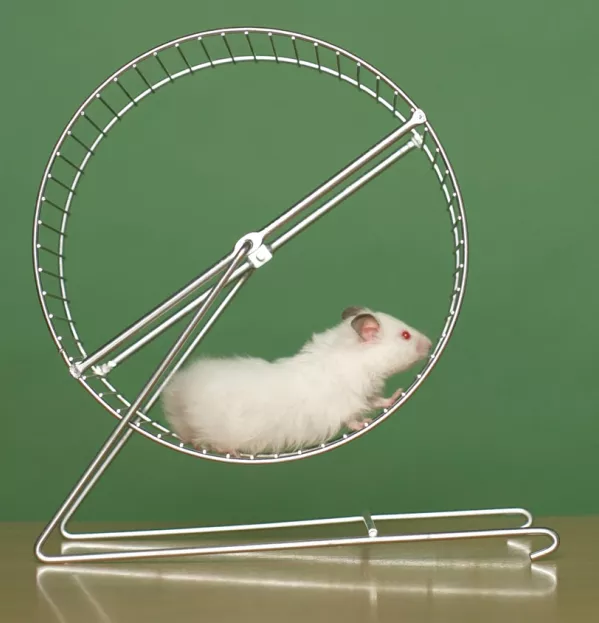It’s often the experiences you have in the early years of teaching that set the scene for the rest and for me, many of those were around SEND. I don’t have enough room in this column to tell you about all the lessons I learned, so I’m going to stick to just the one, from the time when I thought I was getting the hang of it.
It was back in the days of the Literacy Hour, and I had been given a reading intervention programme to run, with the help of my new teaching assistant (she was one of the mums who used to come in and help - she was really arty and used to make my displays look like someone knew what they were doing).
It was a great little phonics programme, designed to sit within the literacy hour, to give the children who hadn’t really got the hang of reading a boost, to give them the phonic knowledge they needed to tackle new, unseen words - the sort they hadn’t committed to memory.
At first, everything went well. My TA ran the session and we swung into action. Then one day, her little boy was poorly, and then she was poorly, and she was off.
We flew through the work, and they made lots of progress and gained confidence
Now, the thing I should explain about the literacy hour is that it was a bit like a hamster wheel. Once it was going, you didn’t feel like you could stop (or jump off), for fear of going head over heels and landing face first in the wood chippings. The children had made a good start, which would be spoiled if they had to stop.
So I stepped in. I had never taught phonics before and I wasn’t very keen. I wanted to get on with the guided writing, get stuck into the grammar and discuss the story we were reading as a class. But something unexpected happened. I discovered that I enjoyed the time with my little SEND learners. And my little SEND learners enjoyed having me all to themselves.
The thing that made the biggest impression was that they learned. They didn’t mess about. We flew through the work (we were enjoying ourselves), and they made lots of progress and gained in confidence in themselves as learners.
After that, when the TA came back, I made sure to keep a much closer eye on my protégés. I made sure that when I wasn’t teaching them, I was making sure they knew that I was watching (even if it was out of the corner of my eye). I checked in with the TA every day, and I made sure that I taught them, far more than I had been doing before. I moved my timetable around, I kept them to myself during assembly.
These kids, these little SEND kids, were mine.
Nancy Gedge is a consultant teacher for the Driver Youth Trust, which works with schools and teachers on SEND. She is the TES SEND specialist and author of Inclusion for Primary School Teachers

